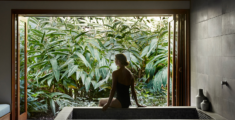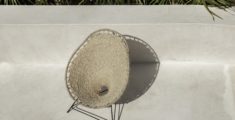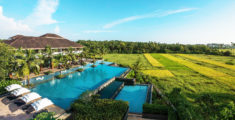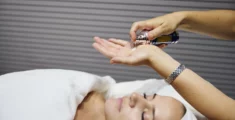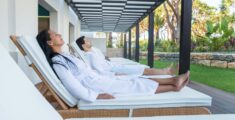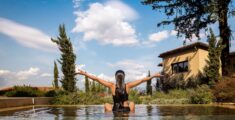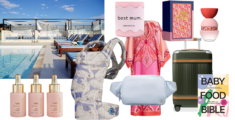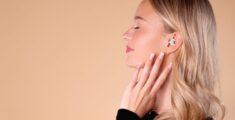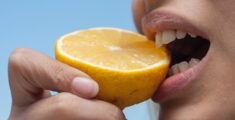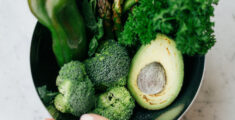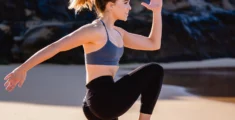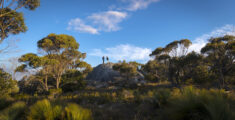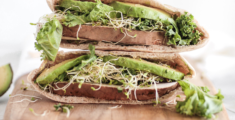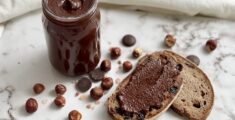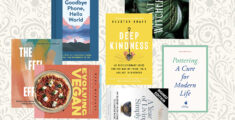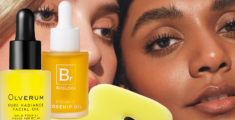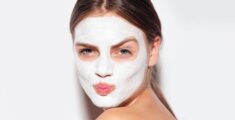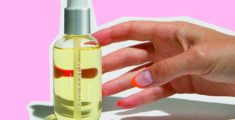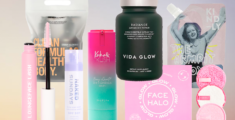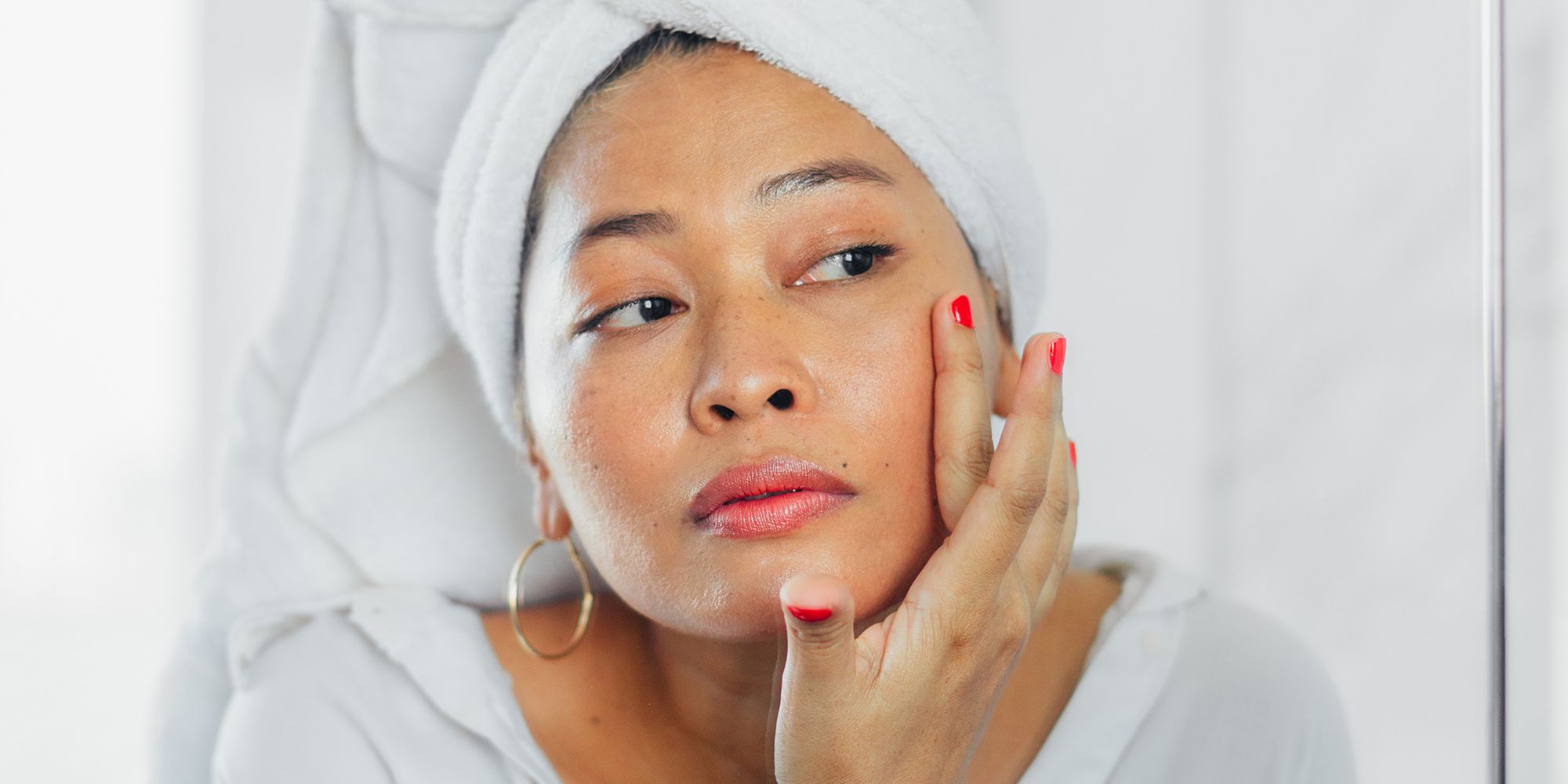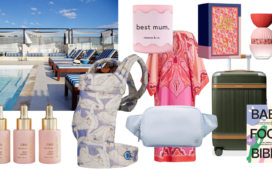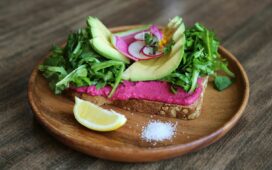What is collagen good for? The 9 questions we’ve asked the experts for you.
Collagen seems to be the beauty buzzword right now with everyone talking about the benefits of the hard-working protein: glowing skin, shiny hair and strong nails. But if you’re still wondering what it actually is, we’ll give you the lowdown on this hardworking protein thanks to Naturopath, Nutritionist and Wellness expert Carmen Lizasoain.
L.N What exactly is collagen?
C.L Collagen is a protein. It is the most abundant protein in the human body. Its main two functions are structure and regeneration. You will find collagen helps to make up skin, hair, nails, muscles, bones, teeth, joints, tendons, cartilage, ligaments, gastrointestinal tract, blood vessels- and connective tissue in our body, even our eyeballs! 70% of our skin is made up of collagen.
L.N When did it start to become a ‘beauty supplement’?
C.L Collagen supplements were launched just five years ago and with the support of the clinical data behind ingredients like VERISOL took off straight away.
L.N When we take collagen as a supplement, what exactly does it contain?
C.L Nature’s Way Beauty Collagen, for example, contains VERISOL collagen which is a 2500mg clinically trialled dosage of a bovine sourced Type 1 and Type 3 collagen. Bovine collagen is the type of collagen most bioidentical to human collagen. Type 1 and Type 3 collagen are more specific to hair, skin, and nails. It is also hydrolysed which means it is broken down into a format that our bodies can absorb and utilise called collagen peptides. Our range also includes collagen-building nutrients, for maximum effect.
L.N Is it possible to consume collagen naturally?
C.L Our body does make its own collagen naturally in the body and specific nutrients are associated with its production, such as Vitamin C, zinc, grapeseed, biotin, resveratrol, and Vitamin E, which would be consumed in an ideal diet. When we consider that only 4% of Australians are meeting their daily intake of vegetables, most of us just aren’t getting what we need from our diet. Combined with the increasing rate of decline of collagen that naturally occurs as we age and from other external factors it is difficult to maintain the right amount of these nutrients from our diet, therefore supplementation is recommended.
L.N Some skincare products include collagen, what’s the difference between consuming collagen versus applying collagen to your skin?
C.L Topically applied (transdermal) collagen cannot reach the deepest layers of the skin and often helps to improve skin texture by increasing skin moisture. Collagen supplements impact the new skin that is being made by the body so combining the two helps to improve your skin on all levels. Our skin has the amazing ability to reflect our inner health so by getting the nutrition we need; it is reflected externally through our skin.
L.N What are the different collagens on the market and which ones do you recommend?
C.L Collagen is sourced from bovine, marine, poultry, egg, and porcine. I recommend Nature’s Way Beauty Collagen containing VERISOL collagen which is a bovine source as it is, flavourless, odourless and has clinical trials to back up its effects. Marine collagen can be more allergenic, needing to be avoided in people with fish allergy, as well as generally a higher dosage is required for the same effect. Marine collagen is Type 1 collagen, whereas Bovine collagen is Type 1 and Type 3 collagen, and the dosage required is relatively low.
L.N How long will you need to take it to start to see a result? And what kind of result can you expect to see?
C.L Clinical studies have shown a statistically significant increase in skin elasticity and reduction in eye wrinkle formation after four weeks and eight weeks of VERISOL Collagen supplementation. Other improvements have been found in fingernail strength and even improvements in cellulite.
L.N At what point in our lives should we start to take supplements?
C.L From the age of 25, our production of collagen starts to decline by 1.5% every year, by the time we are 40 we have lost 25% and by the age of 60 our production of collagen has declined by 50%. Oxidative stress caused by external factors do also contribute to the decline of collagen in our bodies, this can be from a poor diet, too much UV exposure, excess screen time, smoking, environmental toxins, alcohol intake and even too much exercise.
L.N What are the key benefits of consuming collagen?
C.L Lack of collagen in the skin leads to wrinkles, dry skin, sagging and other visible signs of ageing. By taking Nature’s Way Beauty Collagen, clinical trials have shown a reduction in wrinkles, an increase in skin elasticity and suppleness, as well as an increase in fingernail strength. Consuming collagen helps to reduce the visible signs of ageing and will give skin its plump and youthful appearance.











